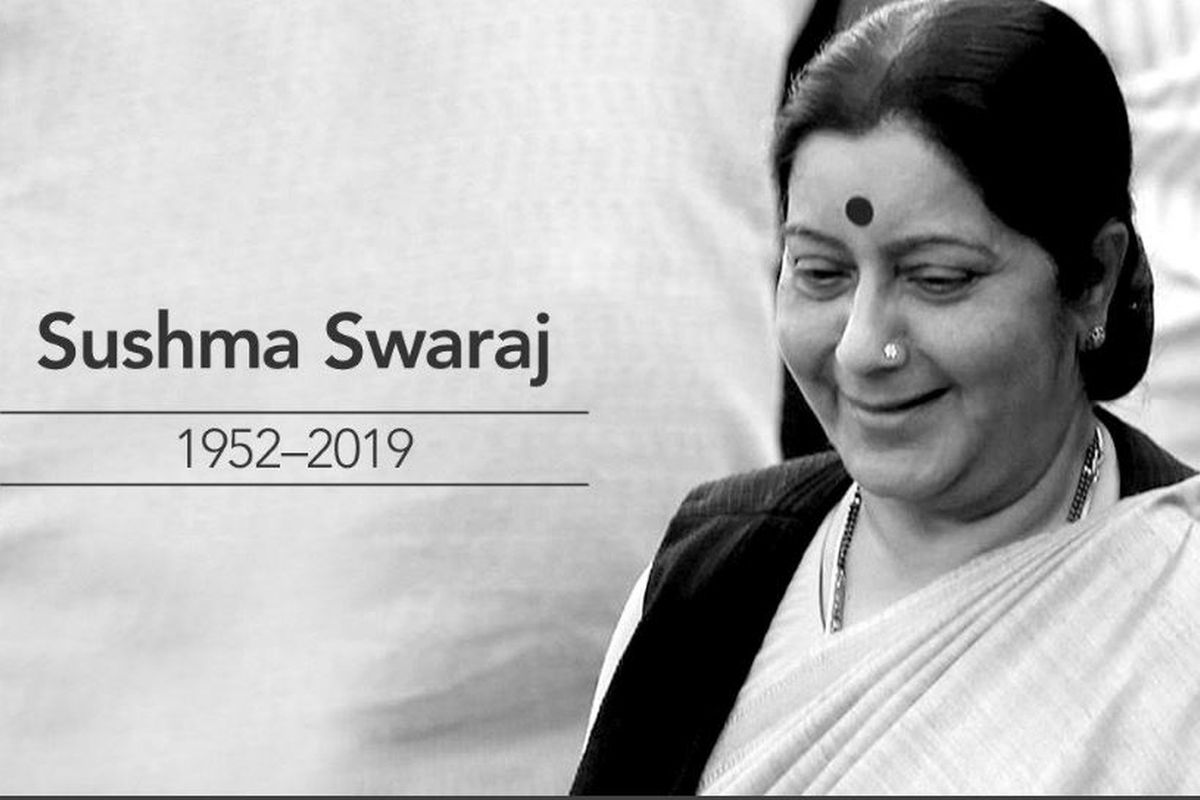It is quite a coincidence that inside three weeks, India should have lost three exceptional political figures. The attention that the demise of Sushma Swaraj this week got was more, in some measure because she was part of the ruling dispensation but mainly because she was the youngest of the three. While they ~ S Jaipal Reddy, Sheila Dikshit and Mrs Swaraj ~ came from different backgrounds, and were adherents of diverse ideologies, the thread that bound them was a basic decency in public life that is becoming rare to find not just in India but increasingly even overseas.
The thread of coincidence extends further to the fact that two of the three were Information and Broadcasting Ministers and that two of them were Chief Ministers of Delhi. All three shared a link with the national capital, though; and Mr S Jaipal Reddy as the Urban Development Minister played a major role in the management of the city’s development. There was another common trait they shared. Each of them had a healthy respect for criticism and possessed the ability to introspect when errors in policy were pointed out, by their opponents or by the media. Indeed, when criticised, they would often reach out to the critic and seek to discuss points of divergence.
Advertisement
This is a quality that every politician must inculcate; sadly, it is fast fading away from public life in part because of rising intolerance but in equal measure because of unprincipled, and even unjustified criticism. All three were high quality orators, possessed of the ability to string words together with force, eloquence and grace, and capable of drawing appreciation from even those they opposed. Mr Reddy, of course, would sometimes seek to overwhelm by choosing words that bordered on bombastic, but even at such moments, he managed to charm his listeners, as those who witnessed him at the Statesman Award for Rural Reporting function would testify.
Mrs Dixit’s contributions as Delhi’s longest-serving Chief Minister are well documented, and her stellar efforts in ensuring the development of the city will remain a part of her legacy. It is to Mrs Swaraj’s credit that even as foreign policy was kept outside her ambit during her stint as External Affairs minister, she managed to make a mark by focussing her energies on upgrading the quality of consular services the ministry offered to citizens.
As Information and Broadcasting Minister she was urbane, and ever mindful of the needs of a free Press, a feature of Mr Reddy’s stint in that job as well.
It is not enough to mouth obsequies at the losses, but for those in public life to draw lessons from the lives of these exceptional Indians. It is possible for a politician to be both combative and humane; to be ideologically dogmatic while finding space for a contrary view and finally to be effective as well as popular.









